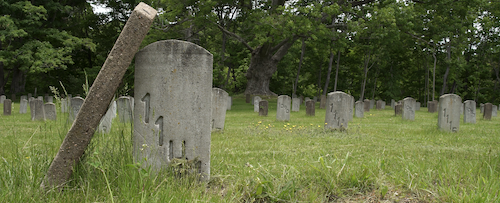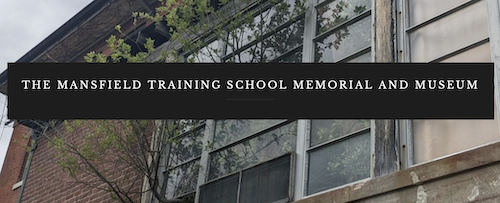Visualizing the invisible
The Medical Humanities and the Arts Initiative
In a post-Covid-19 world, studies in the medical humanities have become more important than ever. The medical humanities offers the opportunity to explore experiences of health and illness, including those that are often hidden or invisible. Art, in all its forms speaks to the subjective experience, providing alternative methods of expression to further examine the human condition. Art, personal narratives, and subjectivity contribute to new methods of understanding to medical science. Bringing medicine, science, and the arts into conversation, the medical humanities and the arts initiative seeks to open new channels of inquiry and encourage interdisciplinary collaboration in this topical space.
In 2023–2024, the medical humanities and the arts initiative is proud to support UCHI’s “Love in Public” theme through events and film screenings including a screening and discussion of “A Daughter’s Long Goodbye: A Caregiver’s Journey,” and “A Site of Conscience: The ‘Haunting’ Legacy at the Mansfield Training School (UConn’s Depot Campus)—a multidisciplinary presentation featuring faculty and student research.
Film and media arts provide a new perspective on the pressing issues and questions of today, one that is vital to our understanding of humanity. At UCHI, I hope to connect working artists with humanities scholars, opening new channels of inquiry and encouraging interdisciplinary collaboration.
Photo by Annie Spratt on Unsplash
Events
The Medical Humanities and the Arts Initiative hosts programming that bring medicine, science, and the arts into conversation.
2023–24 Events
"A Daughter’s Long Goodbye: A Caregiver’s Journey” film screening and discussion
with filmmaker Steven G. Smith (UConn, Journalism)
October 19, 2023, Homer Babbidge Library, 2119A Screening Room
From Wine Moms to QAnon: or, What’s the Problem with Self-Care? The Surprising Connections between White Supremacy and Online Wellness
March 22, 2023, 12:30pm, Workshop (Register for the workshop)
March 22, 2023, 2:00pm, Panels (Register to attend panels virtually)
Join us for an interdisciplinary workshop and panel discussion that explores how mommy blogs and beauty influencer posts offer “innocent” vehicles for white supremacist tenets of purity, and rigid bodily surveillance.
A Site of Conscience: The ‘Haunting’ Legacy at the Mansfield Training School (UConn’s Depot Campus)
April 17, 2023, 3:30pm, Workshop
Register to attend virtually
Supported Projects

The Institution Cemetery Project
A map-based interactive documentary project uncovering the stories of people with disabilities and mental illnesses who are buried in unnamed graves in mental institution cemeteries across the United States.

The Mansfield Training School Memorial and Museum
The Mansfield Training School Memorial Museum aims to preserve the nearly erased, and over 100-year long, history of the Mansfield Training School in order to remember the lives, voices, and experiences of those who were institutionalized here.
Working Groups
We are interested in supporting additional working groups related to the medical humanities. Please visit our working group page for more information about funding and opportunities.
Medical Humanities & Health Disparities Research Group; Martha Cutter (2021–2023)
The goal of this group is to bring together scholars in different disciplines to consider from multiple viewpoints health disparities, especially racialized ones. We already have exciting work going on here at UConn in both medical humanities and health disparities, so bringing together scholars in disciplines such as English, communication studies, psychology, WGS, HDFS, history, sociology, and anthropology could be productive for our research and lead to new paradigms for thinking about health disparities, especially given the ravages of the COVID-19 pandemic.



